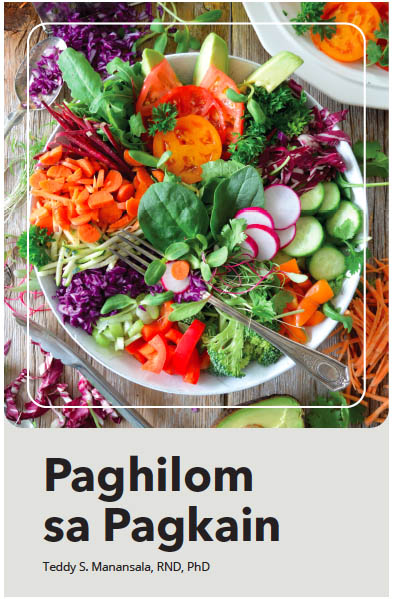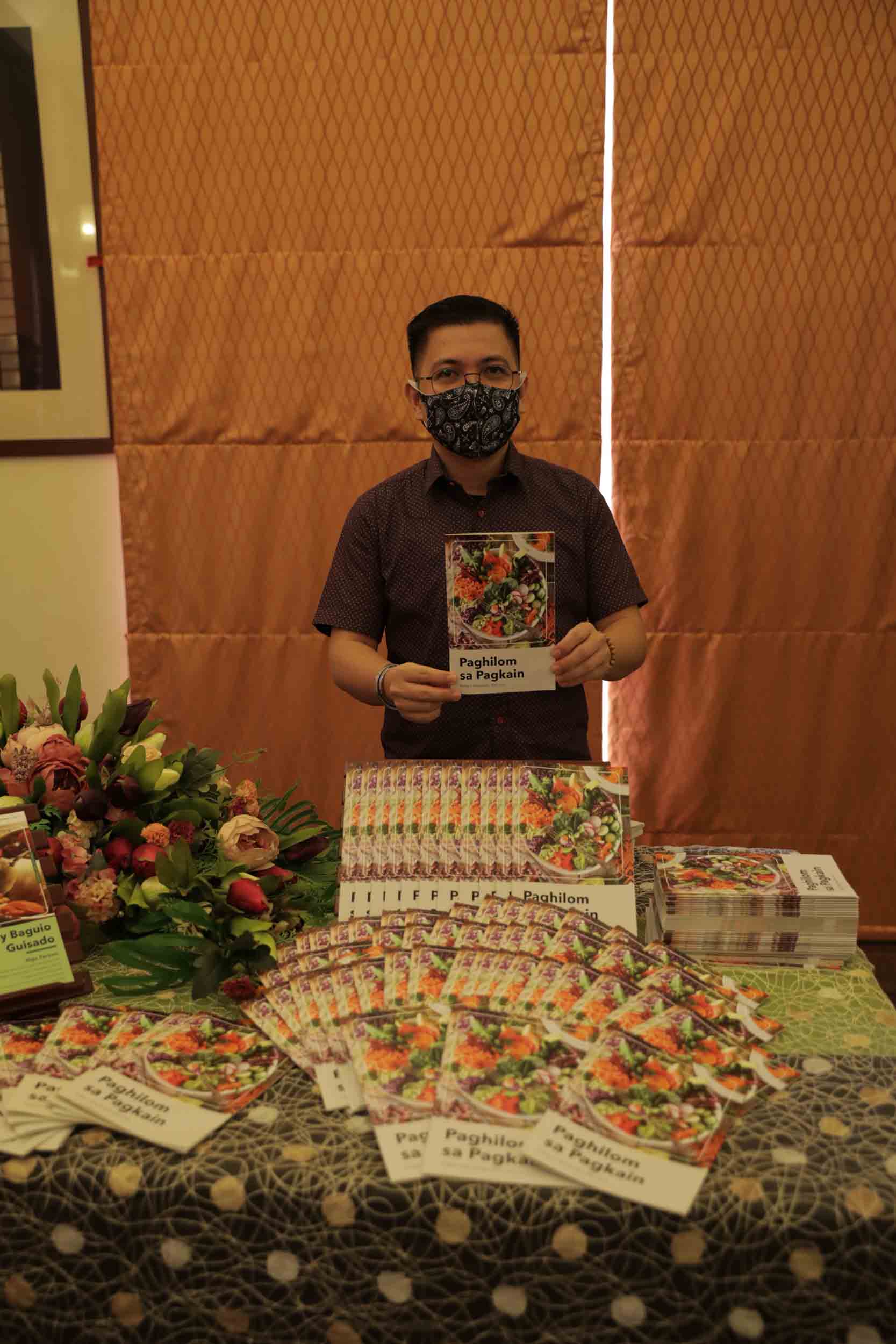Paghilom sa Pagkain, a printed recipe book on daily nutritional needs, was distributed to indigent Filipino families residing in Barangays 42 and 45 of Pasay City and Barangay 745 of Manila to ensure that they receive proper nourishment amid the trying times.

In celebration of the recent National Nutrition Month, the 28-page book provides alternative ingredients and cooking methods to traditional Filipino dishes.
It features easy-to-follow cooking instructions to wholesome meals such as Tortang TOkra, KaMalunggay Tuyo sa Gata, Gulay Tempura, Pechay Baguio Guisado, Pakbet Kubo, and Meaty Potato Green Beans.
It likewise includes procedures in preparing healthy merienda options such as Pancit Bihon, KamoBasa Chips, Turones de Kamote-Malungay, Munggo Croquette, and Beefy Omelette.
Produced by the Center for Social Action of the De La Salle-College of Saint Benilde, the recipes, which utilize basic ingredients that are available and affordable in the local markets, were personally created by registered nutritionist-dietitian and Benilde School of Hotel, Restaurant, and Institution Management (SHRIM) educator Dr. Teddy Manansala.

“The cookbook provides information on the major or significant nutrients content per serving, hence, ensuring that the households will be able to obtain the essential nutrients from the dishes that they will prepare and consume,” he noted.
Paghilom sa Pagkain also includes Pinggang Pinoy, a visual tool that uses a familiar food plate model to picture the right food group proportions on a per-meal basis to meet the energy and nutrient needs of adults.
Pinggang Pinoy was developed by the Food and Nutrition Research Institute (FNRI) of the Department of Science and Technology (DOST) in collaboration with the World Health Organization (WHO), Department of Health (DOH), and National Nutrition Council (NNC) to aid Filipino adults to adopt healthy eating habits through dietary lifestyle messages.
“It helps guide the household beneficiaries with their menu planning,” Manansala added.







